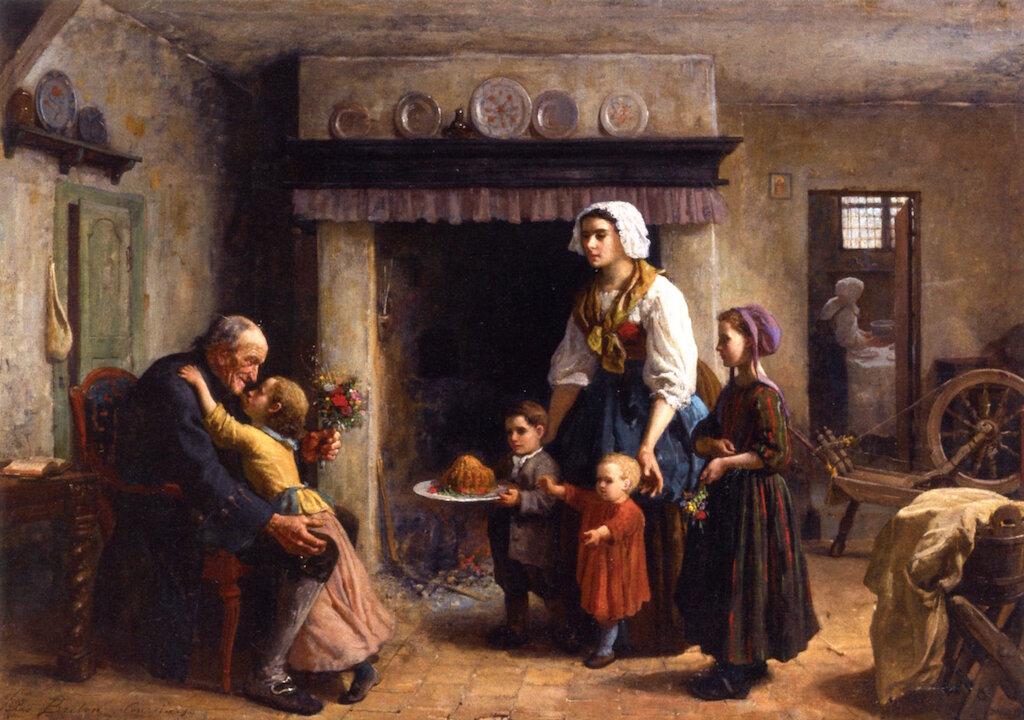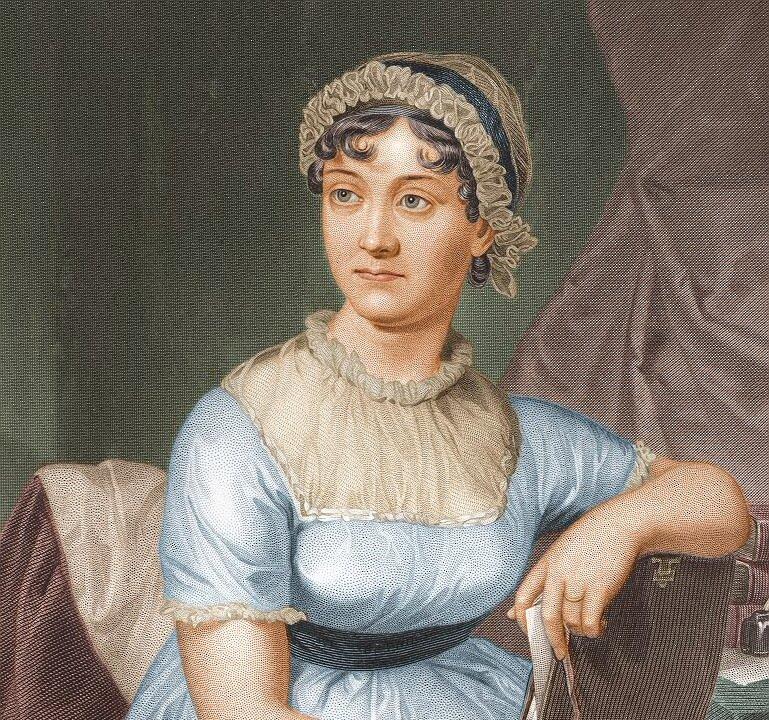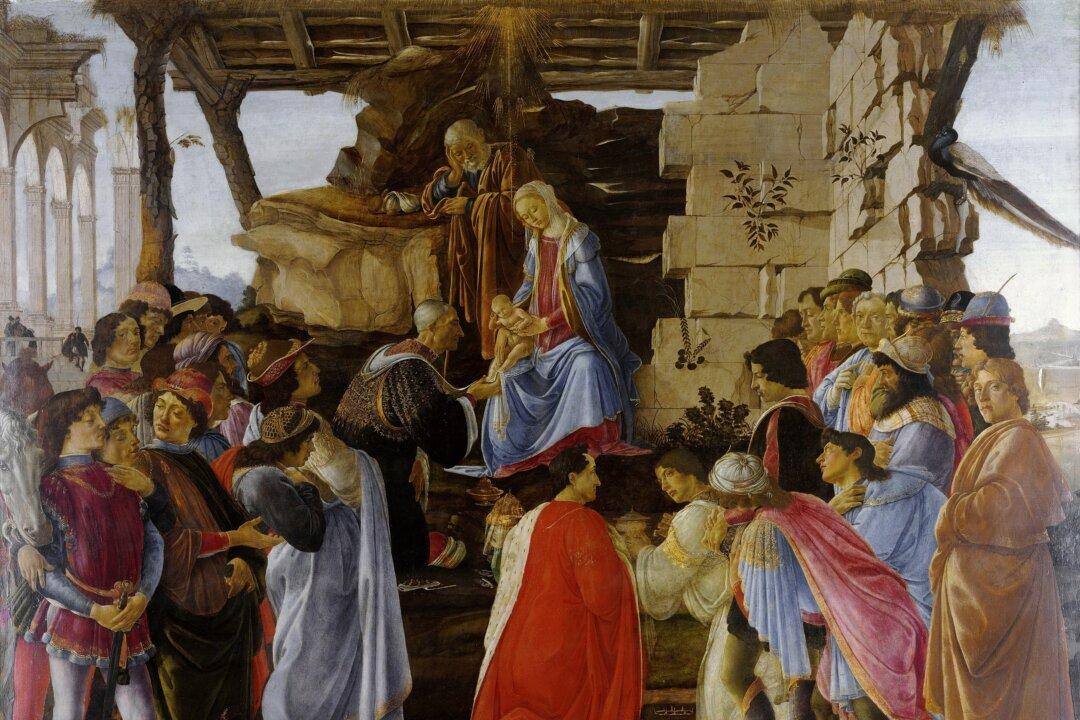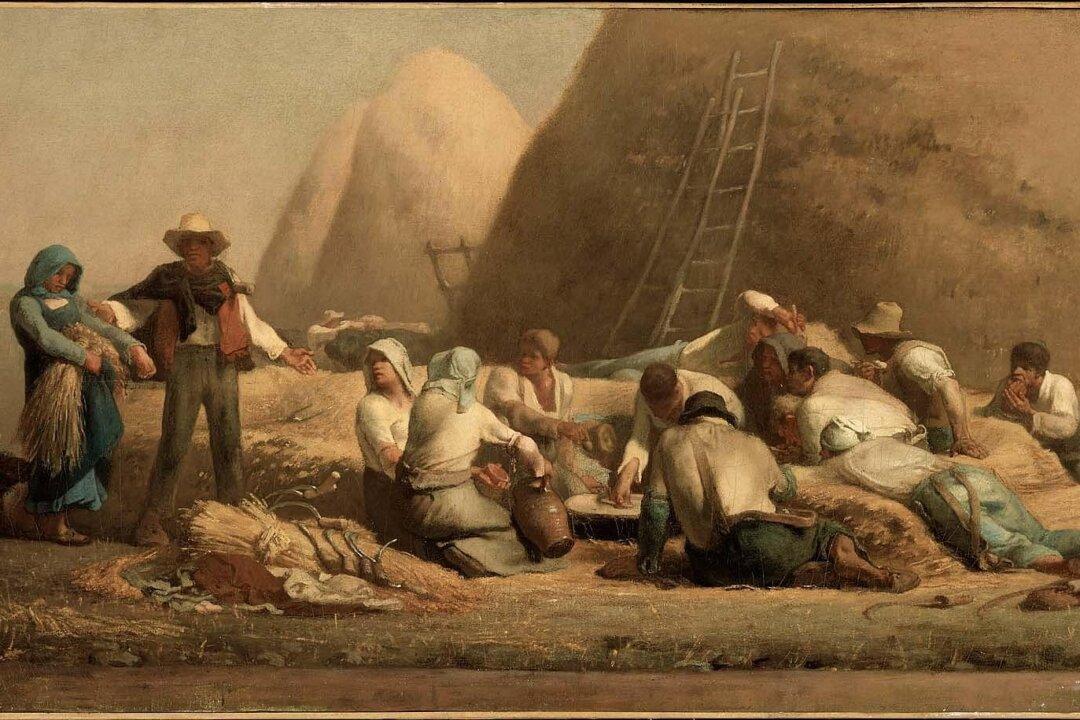Once, my dad talked to me about the death of his father.
“I’ve always known my dad had my back,” he said. “Even when he was so old that he needed me, I still had the sense that if anything really went wrong with the world, my father could save me. When he died, it felt like the weight of the world fell on my shoulders. I felt alone.”





